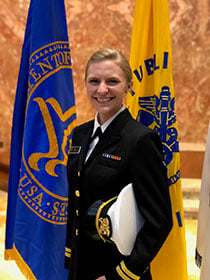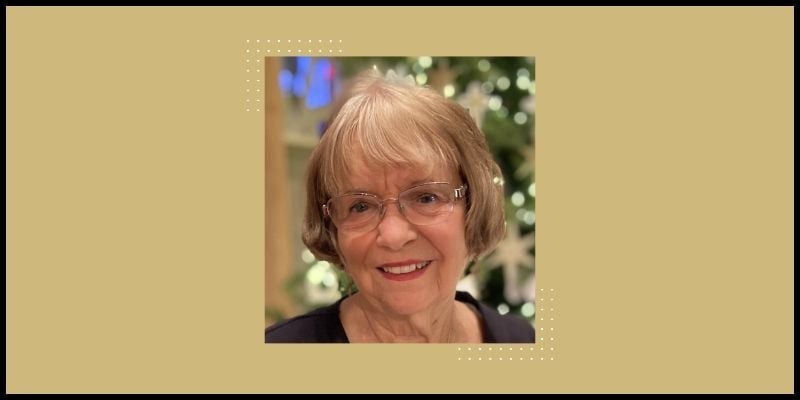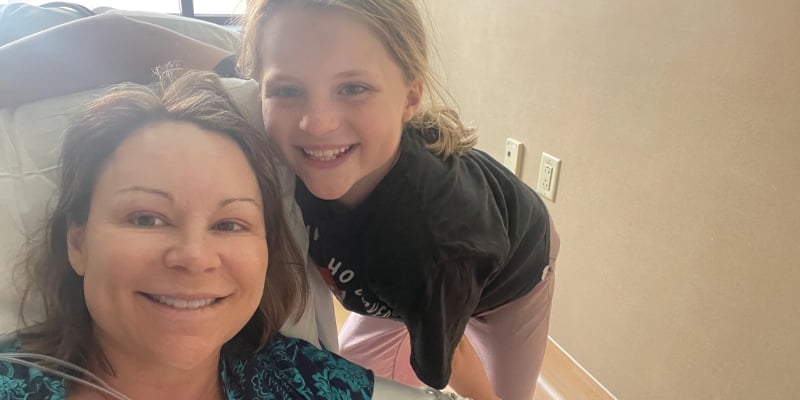Erin Blau (’17 DNP/MPH) was first exposed to the Epidemic Intelligence Service (EIS) program with the CDC while she was pursuing a Bachelor of Arts in Nursing degree at St. Olaf College in Northfield, Minnesota.
“I studied overseas and received a tremendous amount of rural nursing training. I fell in love with the role of the public health nurse, and that was it for me,” said Blau, who solidified her career choice by interacting with EIS officers during the dual degree DNP/MPH program at CU.
EIS officers work for the Centers for Disease Control and Prevention (CDC) and respond to and investigate outbreaks or healthcare crises in the United States and abroad. “The EIS is most known for outbreaks and communicable disease control and are known in the field as disease detectives,” said Blau.
Comprised of medical doctors, veterinarians, scientists, and nurses, EIS officers balance the public health epidemiology side with the clinical side. Enrolled in a two-year postgraduate program of service and on-the-job training, EIS officers study the frequency and causes of health-related conditions in specified populations (epidemiology).
Dual degree helps net ‘dream job’
Erin Blau while on active duty
In June 2019, Blau was called to active duty and currently serves as a Lieutenant in the U.S. Public Health Service (USPHS) Commissioned Corps. EIS officers have the option to join USPHS Commissioned Corps, which is overseen by the Surgeon General. The Corps’ approximately 6,500 highly qualified, public health professionals work on the front lines of public health, fighting disease, conducting research and caring for patients in underserved communities. Corps officers serve within federal agencies, such as the National Institutes of Health (NIH), Indian Health Service (IHS) and the CDC.
“It’s highly competitive. Each cohort is about 60-70 officers,” said Blau, who calls her job with the CDC her “dream job.”
The CDC matches EIS officers to certain centers or topics and stations them at health departments and CDC offices across the country. Blau’s area of specialty and interest is in HIV prevention and working with people who inject drugs. Currently, she’s assigned to the Kentucky Department for Public Health.
Dual degree offers dual role
“I wanted exposure to other public health roles and topic areas. And I wanted to work in an area heavily impacted by the ongoing opioid crisis...”
During the DNP/MPH program, Blau developed, implemented, and evaluated a syringe service program. Data showed how this type of program could reduce HIV, hepatitis C and overdose risks among people who inject drugs.
“The epidemiologic side is very data-oriented. While working for a local health department, I found that I missed the programmatic side, the nursing role. EIS allowed me to combine those skills and passions and use both of them in my day-to-day work,” enthused Blau.
Blau reminisces that but for the dual degree program, she would not have qualified for the EIS program. “The degree is incredibly useful. I loved the emphasis on evidence based practice and leadership. I can’t imagine doing the job I have without the DNP,” said Blau.



